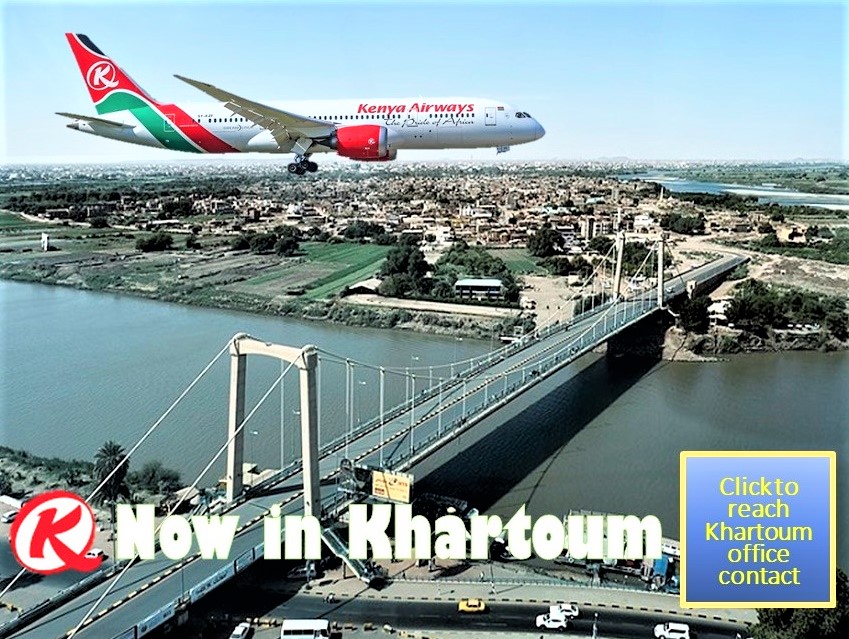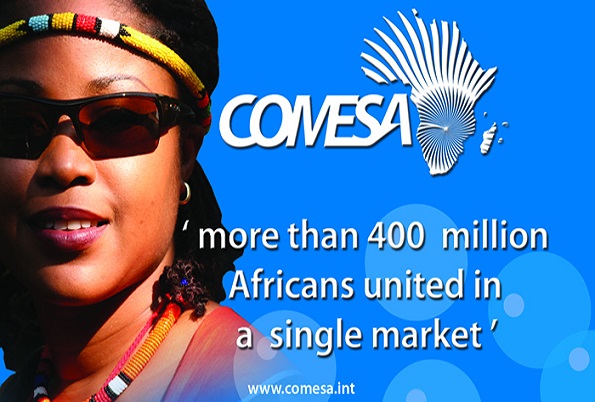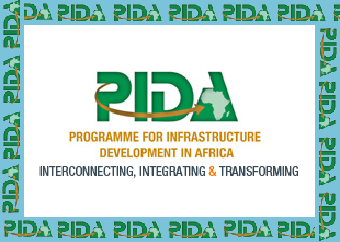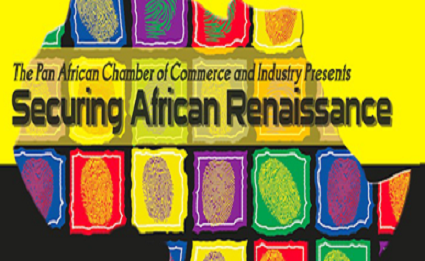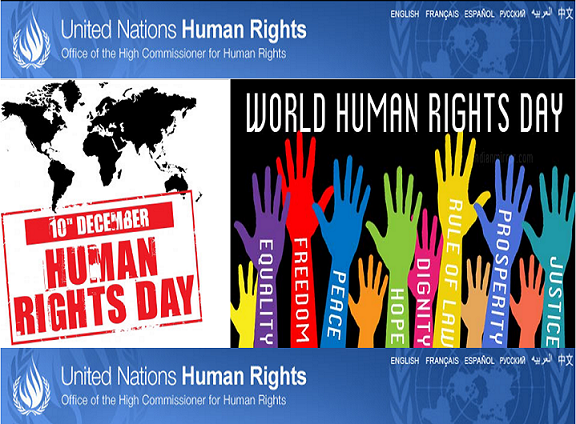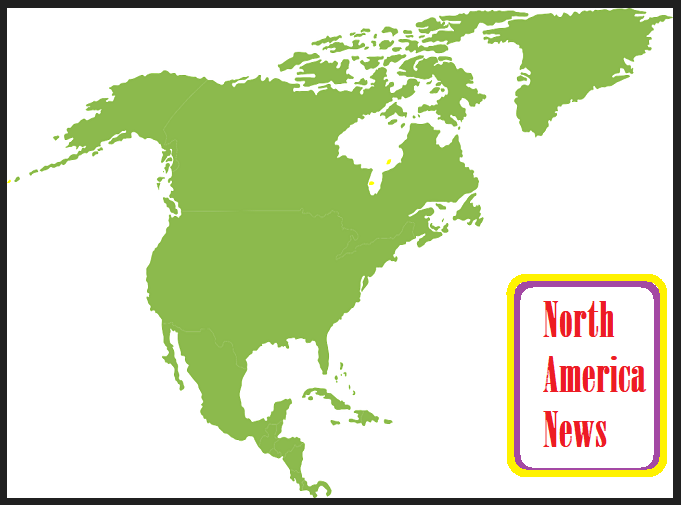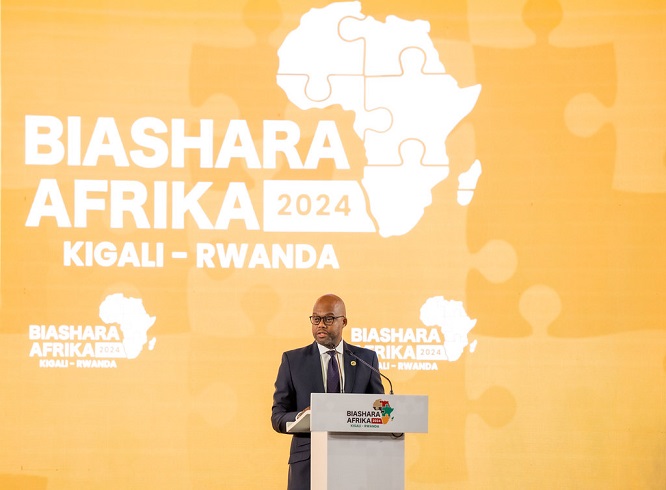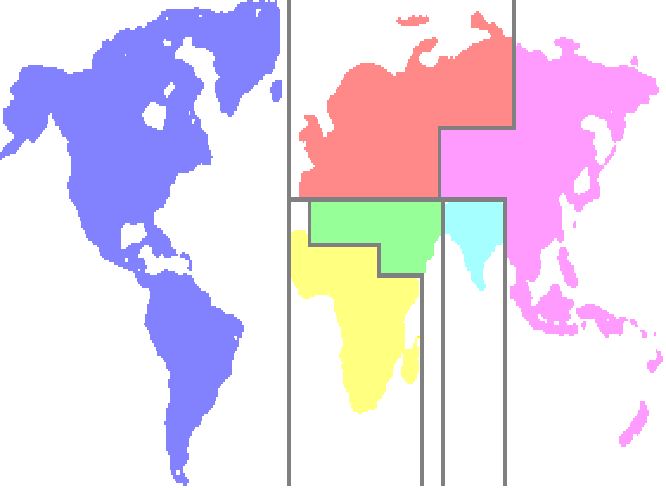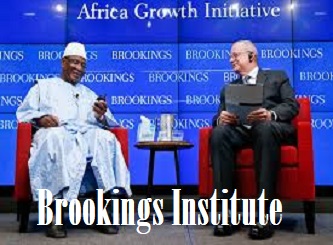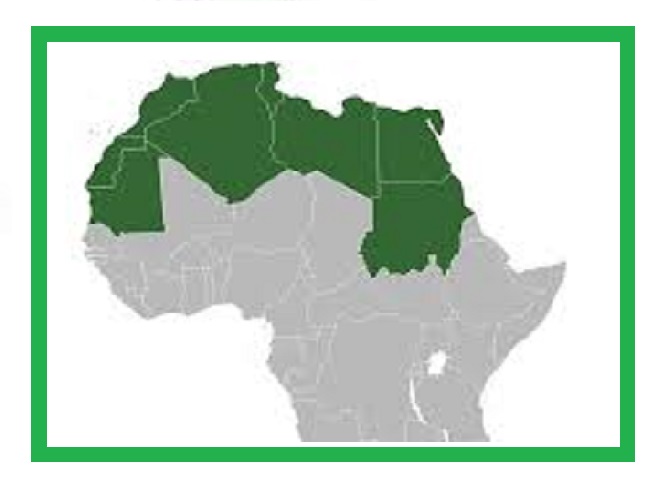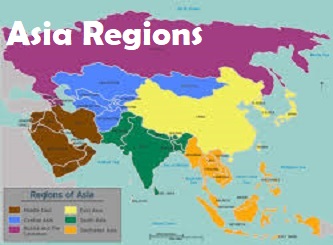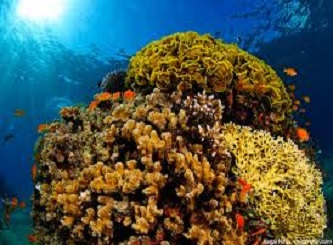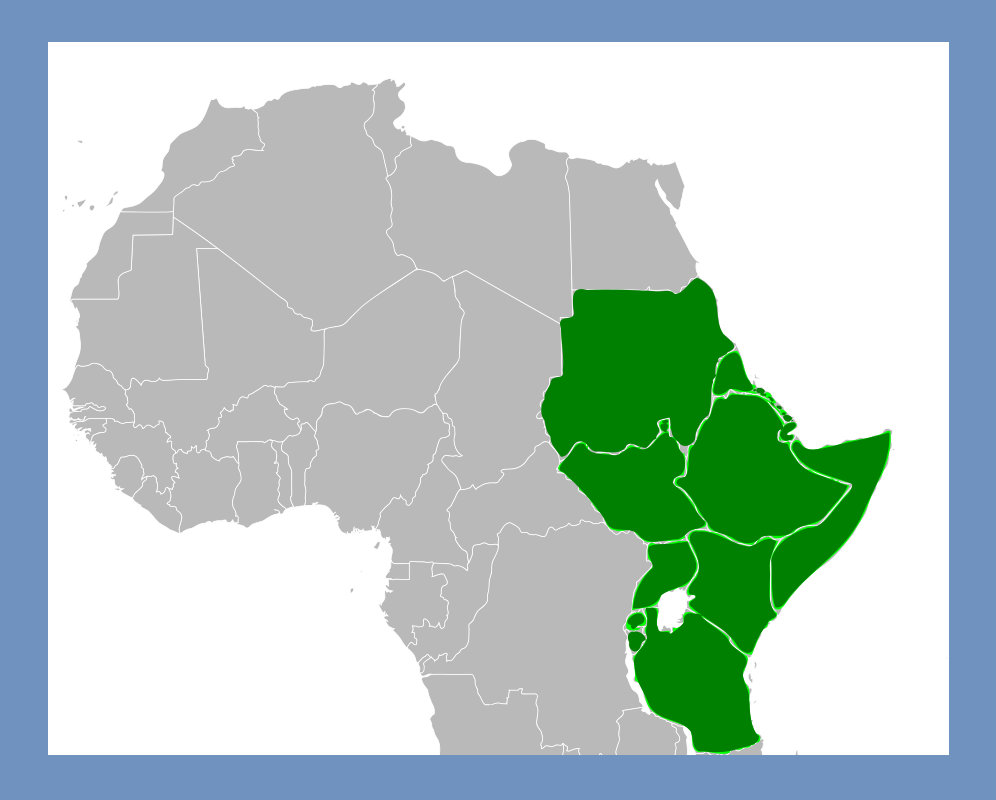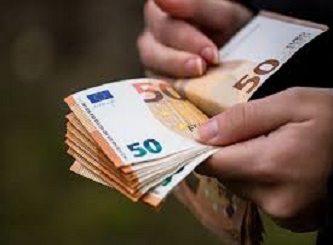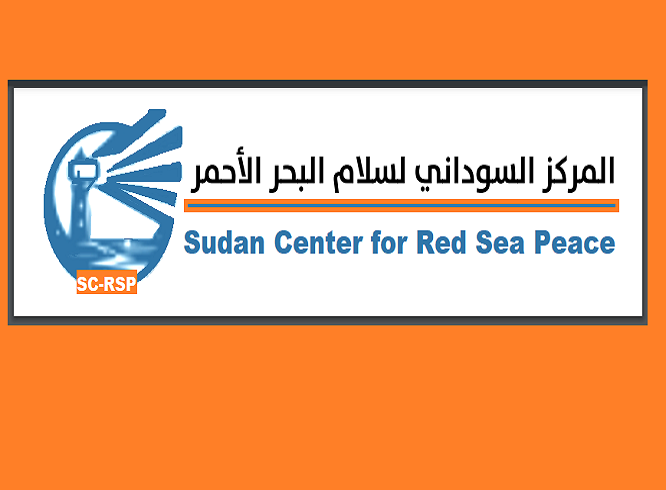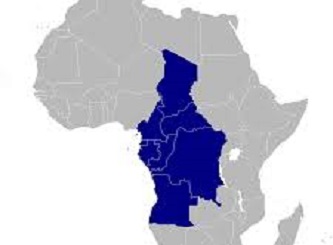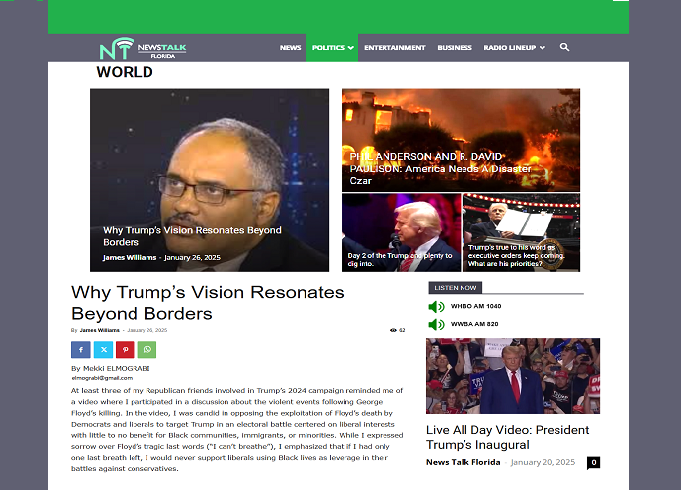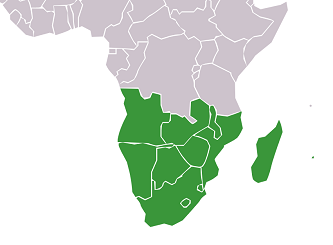Angola Denies Entry To Opposition Leaders From Across Africa

Angola is facing intense backlash after denying several prominent African political figures from entering the country for a conference organized by the main opposition party, UNITA. The event, meant to celebrate UNITA’s 59th anniversary and foster dialogue on democracy, drew invitations to key opposition voices across the continent. Among those turned away were Tanzanian opposition leader Tundu Lissu, Botswana’s former President Ian Khama, Mozambique’s Venâncio Mondlane, Kenya’s Senator Edwin Sifuna, and Zanzibar’s First Vice-President Othman Masoud Sharif. Former Colombian President Andrés Pastrana was also blocked from entry, adding an international layer to the controversy.
Many of these leaders arrived at Luanda’s February 4 International Airport only to face detention. Some were held for hours without explanation, while others were abruptly deported despite having valid travel papers on them. Delegates from Kenya, Ethiopia, Uganda, Tanzania, Mozambique, and South Sudan were also in this effect range. Uganda’s opposition figure Bobi Wine was denied a visa before he could even board a flight. Angola’s government claimed visa issues were the reason behind the expulsions. Still, many opposition figures dismissed this explanation, seeing it as a calculated move to isolate and weaken opposition voices coming together on Angolan soil.
The Platform for African Democrats or PAD, a group of opposition parties, was extremely swift to condemn the Angolan government’s actions. They called it an outright attack on democracy and unity among the African Opposition forces. UNITA lawmaker Nelito da Costa ekwiki echoed this sentiment, accusing the government of using border control as a weapon to silence dissent. The detained leaders, some of whom endured hours of waiting in airport holding rooms, were eventually released but missed their chance to attend the event that brought them together in the first place.
The Angolan government has remained tight-lipped despite growing international pressure. This silence has only deepened concerns about the country’s democratic direction. President João Lourenço, who currently chairmans the African Union, now faces a difficult situation to deal with. Angola’s actions have sparked questions about its role in regional conflicts and its commitment to fostering unity among African nations. As the dust settles, many across the continent are stuck wondering whether this episode marks a setback for democracy in Africa or a turning point that forces leaders to confront these hard truths and adapt.

